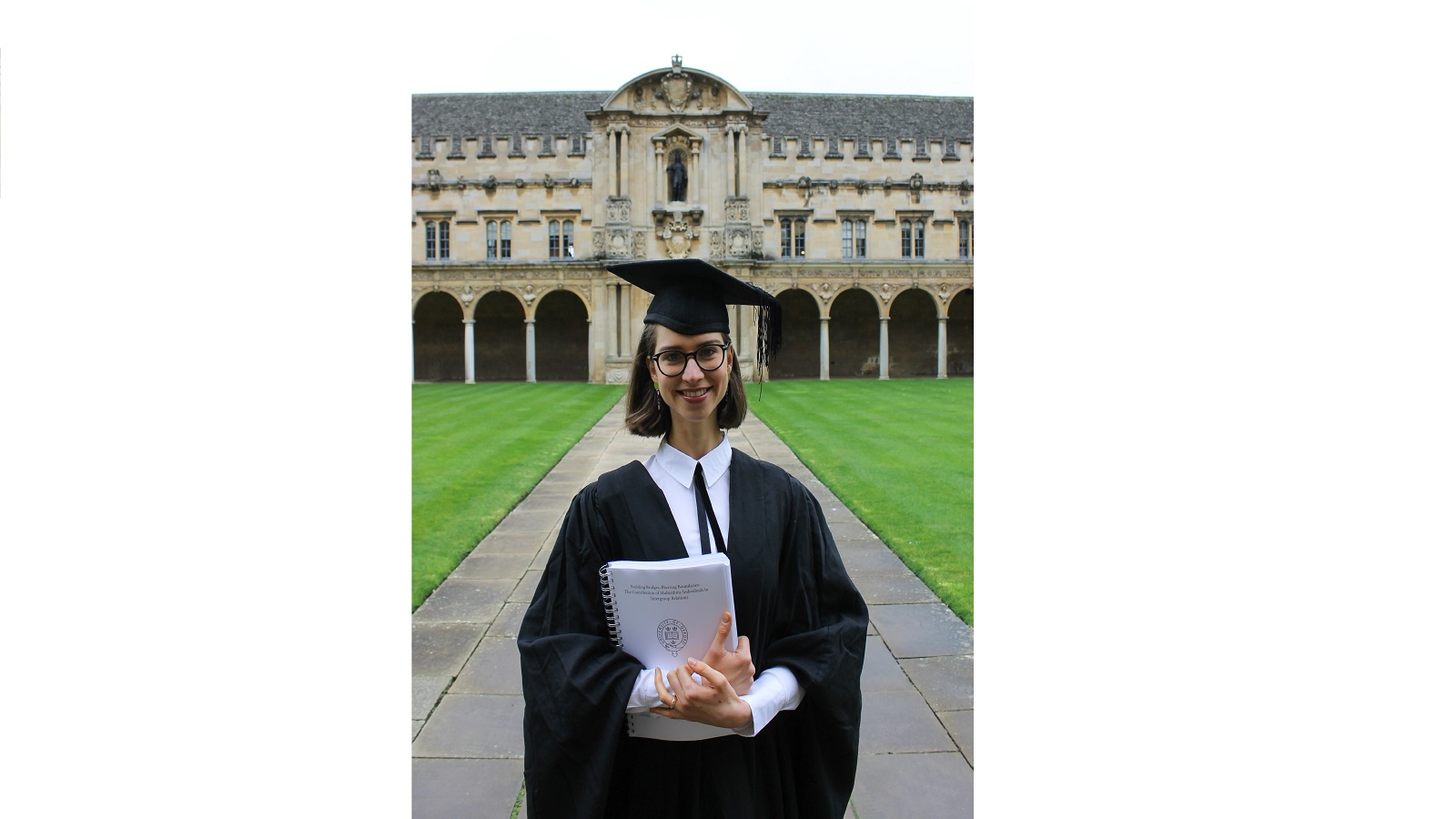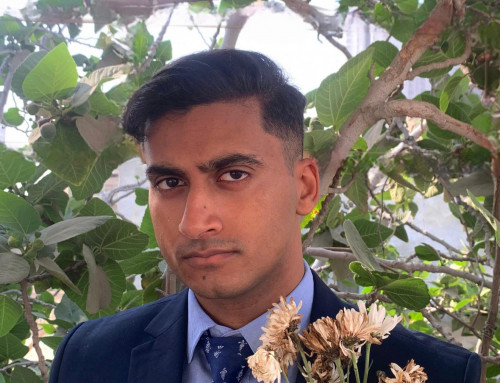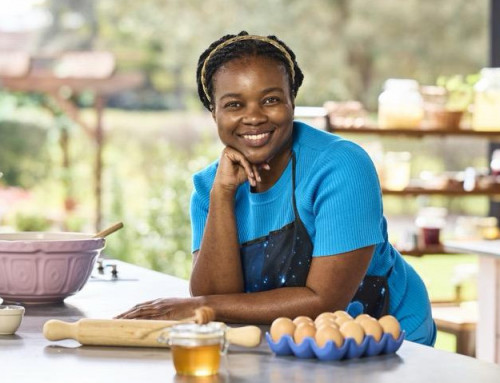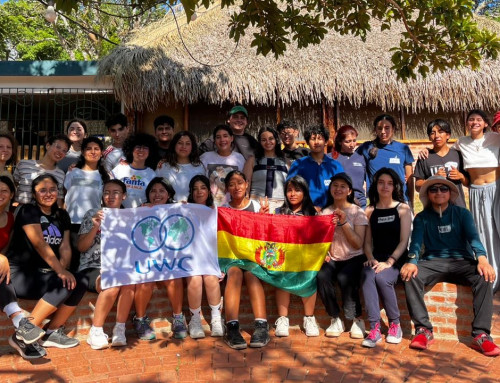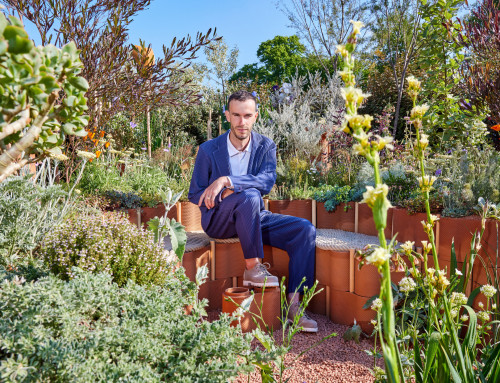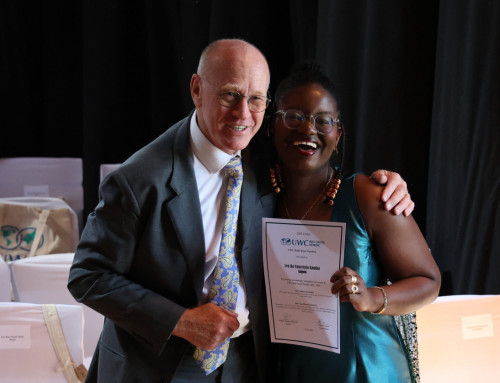Escaping the Echo-Chamber During Lockdown:
About her road to starting a Podcast on Social Integration
I consider myself lucky to have experienced very little loneliness in my life. I have felt alone at times, yes. But lonely? Whenever my inner commentator gets too loud in my personal echo-chamber, I switch on the radio – admittedly, the BBC and German radio serve as little more than a diversion, but an effective one, nonetheless. Lately, as the airwaves have become unbearably saturated with, first, Brexit and then Corona, radio has given way to podcasts and audiobooks. During lockdown, for me that has meant not only listening to but also making audio programmes.
Radio has always fascinated me. When I recently cleared out my childhood bedroom, I re-discovered an old cassette tape featuring the product of an afternoon’s play with girlfriends: a home-recorded radio programme – which, lacking a cassette player, I have yet to listen to again. Radio works, in part, because it is such an intimate medium. The truly skilled presenters sound as though they are speaking to us directly. But during a lockdown, radio and podcasts have gained another significance: they add to our cavernous echo-chambers the experiences and voices of others.
To me, the most significant contribution of UWC is that it gives faces to global affairs. Climate change, colonialism, religious conflicts, refugee crises, war – all become inextricably bound to names, voices, and faces. At face value, this will be rather obvious to anyone currently studying at a UWC. What surprised me, though, – now with 10 years hindsight – is how the friendships forged, the stories and experiences shared at RCN, were first and foremost seeds that have since germinated, taken root, and grown into something more consequential. They have transformed from stand-alone experiences into a network of attitudes and values stretching far beyond Flekke Fjord and UWC. As a social psychologist, I study how contact experiences with people from other backgrounds (ethnicity, religion, sexual orientation, socioeconomic background, etc.) shape not only the relationship with a specific friend or colleague, but also translate into attitudes towards entire groups of strangers. Our specific experiences as UWC students are so powerful because they shape whom we trust, how anxious and uncertain we feel when faced with unfamiliar groups, and our stance towards multi-cultural societies more generally.
Naturally, the power of social relationships across group divides is not limited to the UWC experience. Everyone you know will be affected in their thoughts, emotions and behaviour by the people in their social network: friends, colleagues, neighbours, family members. In the era of a global pandemic, depriving ourselves of social contacts serves to protect our own and our communities’ health, but in many cases lockdown also limits our social contacts to a handful of similar others. This enforced homogeneity risks reinforcing social divisions, polarization and conflict which, in the long run, poses no small threat to the health of societies, either. Therefore, it is now more important than ever to explore alternative means of engaging with stories beyond the familiar and with people outside of our echo-chambers.
In 2018 and 2019, I gave in to my fascination with radio and recorded a handful of conversations with people who are engaged in building bridges across societal fissures: between rich and poor, people with and without disabilities, Black and White. These ‘social integration practitioners’ introduced me, an academic studying diversity and integration, to many innovative and hands-on ways in which we can begin to shrink our echo-chambers and broaden our social networks. I spoke to Paula Raubenheimer, a gardener in Stellenbosch, who told me about the unlikely community of men coming together to dig wells and fell trees in her community garden; to Dr Helen Willis, an auditory neuroscientist whose deafness can teach us about communicating better; and to Aneel Brar, COO of a maternity clinic offering care to women in rural Rajasthan, to name but a few.
The result of these conversations is the podcast Angelika Love’s Conversations, which I published in early May. It is a podcast that can help us use lockdown to explore means of building healthier societies in the post-lockdown future. But, equally importantly, it is a podcast that will introduce listeners to people whose stories and experiences often go untold, and who, I hope, can make your social experiences during lockdown a little less bland.
To some of us experiencing lockdown, it will seem that, when we started closing the blinds, our already cavernous echo-chambers quickly became a whole lot emptier. The social isolation and loneliness many are facing during the Covid-19 pandemic, mean that our own opinions and world-views have started ricocheting off the walls of these echo-chambers – more noisy, more self-assured, more lonely than ever, unperturbed by debate and different points of view. I think that this is a time when many of us are craving more and better conversations. UWCers know that the people we encounter, the stories and experiences we share with one another, not only have the power to make us feel less alone. They also help us relate to those on the other side of a social divide and to the many strangers we are yet to meet. In the era of echo-chambers, this is quickly becoming more relevant than ever.
Angelika Love (RCN 09-11) recently completed her PhD in Experimental Psychology at the University of Oxford. You can listen to her podcast here and subscribe on Spotify, Apple Podcasts and other platforms: www.angelikalove.com/podcast

